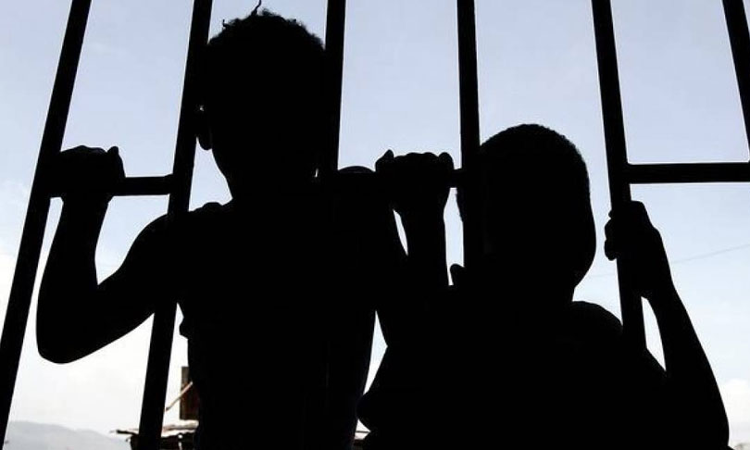Online Grooming Of Children-Legal Framework
Shruthi Ramakrishnan
12 Sept 2019 9:15 AM IST

With the advent of internet technology, grooming has becoming easier and children fall easy prey to online predators. Online space provides a favourable playing field for offenders by offering anonymity and easy access which is not available in the real world. The situation is exacerbated by the increased internet use of adolescents as well as the multiplicity of interfaces, availability of applications, and complexity of privacy settings on these technologies.
Legal Framework on online grooming of children
An effective legal framework is imperative to prevent the progression of grooming to the actual sexual assault. At present none of the laws in India expressly cover grooming of children, much less online grooming. In fact, the legislature and judiciary seem largely oblivious to grooming methodologies and tactics which is evidenced by the lack of recognition of grooming practices in the law as well as in judgments. Although grooming of children is not directly proscribed under the law, the different components amounting to grooming are addressed. With particular reference to online grooming, acts such as electronic stalking, sexual communication with the child, transmission of sexually explicit content to the child, etc. are covered under the Protection of Children from Sexual Offences Act, 2012 [POCSO Act, 2012], the Information Technology Act, 2000 [IT Act, 2000] and the Indian Penal Code [IPC].
Section 11 of the POCSO Act, 2012 criminalises sexual harassment of children which includes any of the following acts done with a sexual intent: communication with the child, showing a part of the body to the child, making the child exhibit his body, showing any media for pornographic purpose, stalking the child, threatening to use real or fabricated depiction of the child or enticing the child for pornographic purpose. Although these provisions address sexual communication with the child, they remain insufficient in so far as they do not explicitly punish an offender for establishing or attempting to establish a relationship with the child. Unless the grooming has progressed to the offender sharing pornographic videos, or requesting sexual favours or any other form of communication showing sexual intent, this provision cannot be applied. Sexual harassment and stalking are also addressed under sections 354A and 354D of the IPC respectively.
Section 67B of the IT Act, 2000 may also be applicable in cases of online grooming of children. The provision primarily prohibits any form of child pornography, and in addition also criminalises the facilitation of online abuse of children and the cultivating, facilitating and inciting of an online relationship with a child for a sexually explicit act in a manner that will offend a reasonable adult. The statute does not delve into what constitutes 'facilitation of online abuse' which results in ambiguity as to what acts of grooming will potentially be covered by the broad provision.
In addition to the POCSO Act and IT Act, Section 366A of the IPC prohibits any act towards inducing a minor girl to go from any place or to do any act with the intention that the girl be forced or seduced to have illicit intercourse with another person.
While the above legal provisions address some of the components of grooming such as sexual communication with the child, transmission of obscene messages, electronic stalking, etc. it omits certain prominent trends in child grooming such as anonymous communication, or communication with a child under false identities, and travelling or asking a child to travel for the purpose of committing sexual assault. Communication with a child under false identities is, in particular, a prominent mode used by groomers wherein online predators pose as peers, classmates and fellow-gamers to child victims in order to win their trust or elicit information.
Countries such as the United Kingdom, the United States of America, Singapore, Australia, etc. have drafted legal provisions criminalizing the act of travelling to meet a child with the intent of establishing sexual contact with that child. The United Kingdom and Singapore require an additional pre-requisite that the alleged offender must have communicated with the child at least on two occasions prior to the travel.
The current offence descriptions in the Indian legal framework fail to reflect the changing trend of offending and the multiple possibilities. With increasing youth accessing internet and the growing need for online child protection, it is imperative that India recognizes grooming as a separate offence taking into account the prominent trends in online grooming.
Shruthi Ramakrishnan is an advocate & independent legal researcher. She may be contacted at shruthiramakrishnan0@gmail.com.


